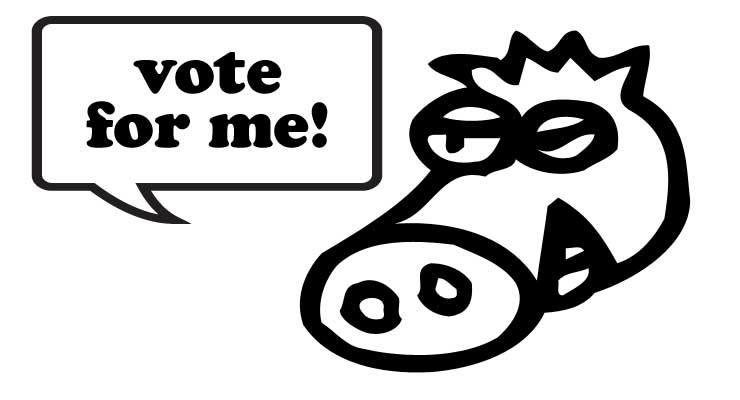
The use of straight-ticket voting was once nearly universal but it has fallen out of favor over time. Now, Texas is considering a ban. Also known as straight-ticket voting, they system allows voters to make a single selection to pick one party as their choice for all available positions on the ballot. The following is from the Ballot Access News post, “Texas Legislative Committee Hears Testimony on Bill Abolishing Straight-Ticket Device”, by Richard Winger:
On March 16, the Texas House Elections Committee heard testimony about HB 1288, which would abolish the straight-ticket device. See this story, which ways that Democratic and Republican Party officials testified against the bill. The fact that the bill has had a hearing this early in the session suggests it has a reasonable chance of passing.
The same hearing took testimony on HB 464, which would force minor party nominees to pay a filing fee. Current law requires candidates who run in primaries to pay a filing fee. The rationale for the Texas filing fee was originally that the money should be used to pay for some of the costs of holding the primary, but the U.S. Supreme Court has said the only reason that filing fees can exist is to keep ballots from being too crowded. Therefore, the purpose of the filing fee now is to keep primary ballots from being too crowded. Smaller qualified parties nominate by convention in Texas, at their own expense, so there is no obvious reason to require their candidates to pay filing fees. The newspaper story linked above doesn’t describe the testimony on HB 464. If anyone can report on that, please comment.
The state Democratic and Republican Parties are united against the move. According to “Straight-party voting bill debated before Texas House committee” by Eva-Marie Ayala of the Dallas Morning News:
The bill’s author Ron Simmons, R-Carrollton, said doing away with such an option would lead to more informed voters and improve turnout for nonpartisan ballot measures. He noted that the national trend has been to eliminate straight-ticket voting; Texas is one of only 10 states to continue the practice, he said.
In 2014, 4.7 million votes were cast in the governor’s race but only 4 million votes were cast for a transportation proposition also on the ballot, a 15 percent drop-off, Simmons said. Straight-party tickets have been cited by some for down-ballot candidates, especially judges, winning elections without their qualifications being considered.
The National Conference of State Legislatures defines straight-ticket voting as follows:
Straight-ticket voting (also called straight-party voting) allows voters to choose a party’s entire slate of candidates with just a single ballot marking. Voters make one punch or mark on the ballot in order to vote for every candidate of that party for each office on the ballot. A total of 11 states allow or offer straight-ticket voting (STV). With a few exceptions, the straight-ticket option is available in all elections, including primaries, and applies to all offices on the ticket, including federal, state and local races.
The number of states offering straight ticket voting has been declining in popularity over time. Most recently, Wisconsin eliminated it in 2011, North Carolina in 2013, and Rhode Island in 2014. Every year several bills are introduced to eliminate it, and occasionally bills are introduced to establish straight ticket voting.
States using straight-ticket voting (STV):
Alabama
Pennsylvania
Indiana
South Carolina
Iowa
Texas
Kentucky
Utah
Michigan
West Virginia
Oklahoma
Leave a Reply